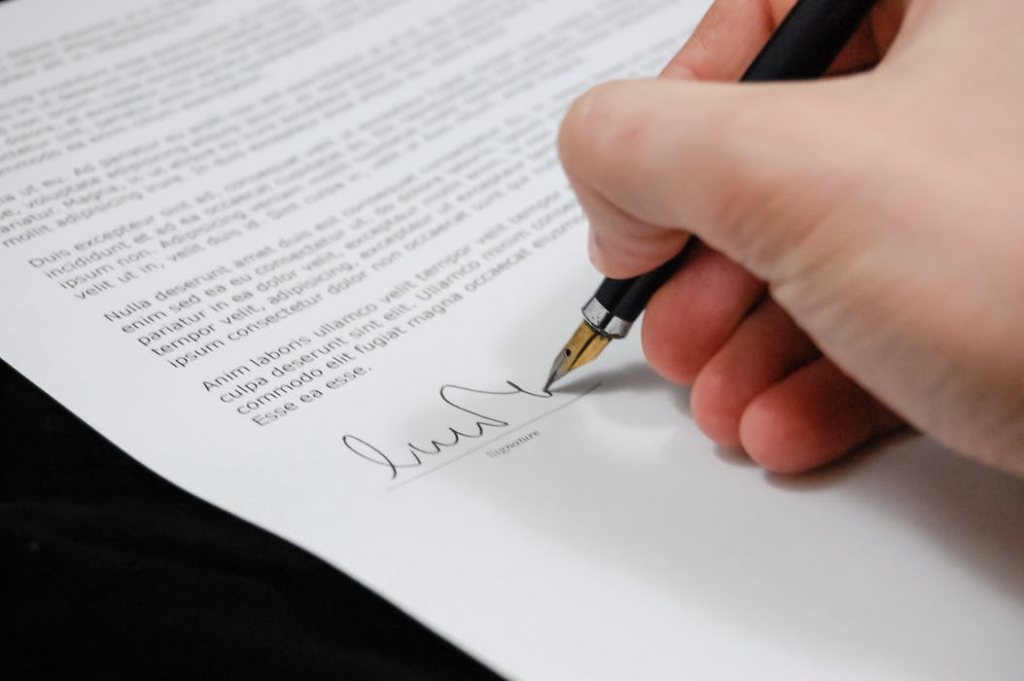The financial component is never far from the equation when family lawyers in Sydney are talked about in private circles.
Operators in this field offer an essential service to represent the interests of citizens facing divorce settlements, abuse charges, property disputes, child custody fights, alimony payments and beyond.
While their assistance rarely comes cheap, they do enact policies and approaches that relieves the burden on the individual.
Provide an Initial Consultation Free Upfront
One of the strategies that family lawyers in Sydney can use upfront is ensuring that clients are given a chance to receive counsel on day one without having to pay for the privilege. One of the common approaches from brands in this setting is to extend this policy to men and women who might feel somewhat apprehensive about working with solicitors in this field. By opening their doors from the outset, they will be able to gauge some important facts about the case in a private setting before deciding if their service is right for them.
Offer Package Transparency
There will be different policies in play when it comes to the nature of the billing process with family lawyers in Sydney. Some will have flat fees, others will use hourly rates, and then there will be programs where retainer agreements are on display or provisions where the representative receives a percentage of a settlement outcome. In order to relieve the financial burden, it is important that these measures are put on the table from the outset to remove any doubt or confusion about the fee structure.
Facilitate Positive Dialogue With Other Spouse
A common issue will emerge for men and women who feel as though their investment in family lawyers in Sydney is too extensive for their budget – the back and forth dialogue with the other spouse. If solicitors are on hand for these talks and billing their members, then citizens can feel like they are being exposed. To make progress with the case and to reduce the financial pressure for the individual, they will lay the groundwork for positive discussions without the need to pay extra fees for the privilege.
Reducing Reliance on Courtroom Appointments

It costs money for clients to attend court in the city. Family lawyers in Sydney will advise their constituents of this very fact. If the case does look as though it is deadlocked and an agreement cannot be reached, the representative will likely recommend a continued path with dispute resolution and mediation to reach an outcome that does not involve a courtroom.
Expediting The Lifespan of The Case
The sooner that Sydney members are not dealing with solicitors, mediation centres and courtrooms, the sooner they can stop paying for the case. This is where trusted operators will do everything in their power to expedite the matter and look for quick solutions, helping those people who are not only battling on the money front but with their mental and emotional wellbeing. If there is a way to reach an agreement out of court, that will be explored.
Allowing for Payment Flexibility
Although family lawyers in Sydney will work within the constraints of their firm and set out official financial packages and policies, there can be scope to allow for payment flexibility. Perhaps a plan is put into place on a month-by-month or week-by-week basis where some interest can be accrued. If there is room to maneuver to alleviate those short-term pressures, that is an avenue that could be exhausted for the sake of the client’s best interests.
Retaining Valuable Possessions for Client
Family lawyers in Sydney understand that the price of doing business with these representatives will pale into comparison for the types of assets that are on the table in these situations. From properties and vehicles to business stocks and portfolio investments, these materials will deliver intrinsic value moving forward. With their counsel on hand during this matter, participants will give themselves the best chance of retaining them outright or at least enjoying a share of the dividends given the nature of the relationship.




